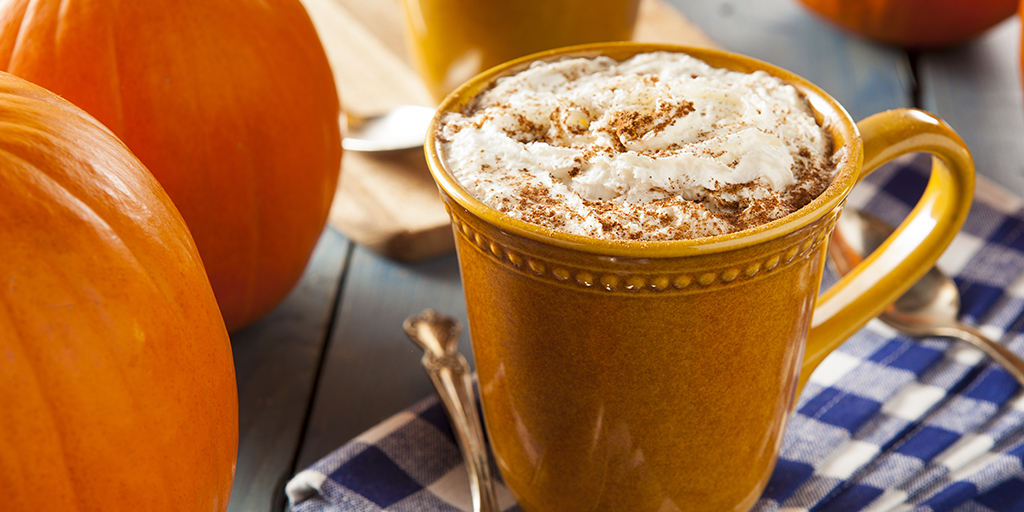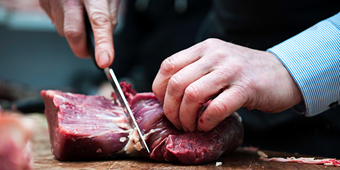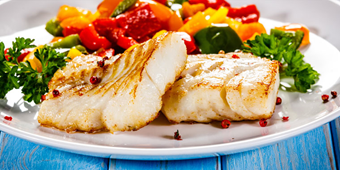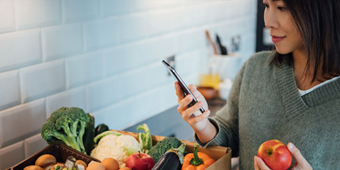What’s Behind Your Pumpkin Spice Addiction?

Find Your Perfect Match
Answer a few questions and we'll provide you with a list of primary care providers that best fit your needs.
As even more pumpkin spice products hit the shelves, your craving for the fall flavor may seem unending.
The funny thing is many items — from yogurt and marshmallows to goat cheese — don’t contain pumpkin. Yet we still want it. What’s going on?
To find out, Premier Health Now talked with Meredith Jones, clinical dietitian, Premier Health.
“We should all be aware of the emotional tug on our heartstrings that’s at play here,” says Jones.
Food is often tied to special memories and comforting rituals, like pumpkin pie at Thanksgiving. As consumers, we need to decide if the latest pumpkin products are just a marketing ploy, says Jones.
Pumpkin spice is a mix of cinnamon, nutmeg, ginger and clove or allspice — or a synthetic version of these flavors. When combined with sugar (think latte or muffin), our brain is trained to remember the taste.
In that sense, psychologists say, pumpkin spice is somewhat scientifically addictive.
This may explain why so many pumpkin spice items are high in fat, sugar and calories.
You can enjoy the seasonal flavor craze and be healthy. Pumpkin is a squash high in nutrients like vitamin A and fiber. Try it roasted, in chili or pasta sauce.
Other ideas:
- Drink pumpkin spice flavored coffee black, or with minimal sugar and cream added, instead of a latte
- Prepare baked goods at home with less sugar and fat
- Pumpkin spice cereals (Cheerios, Mini Wheats) can be a lower calorie option. Follow the portion size.
The next time you need a pumpkin spice fix, think about why you like it so much. Does it remind you of the holidays and family and friends?
“If the answer is yes, instead of a latte, call Grandma,” Jones says. “Instead of eating our emotions, we can experience them by spending time and talking with loved ones.”
Find Your Perfect Match
Answer a few questions and we'll provide you with a list of primary care providers that best fit your needs.
Source: Meredith Jones, clinical dietitian, Premier Health; CNN





